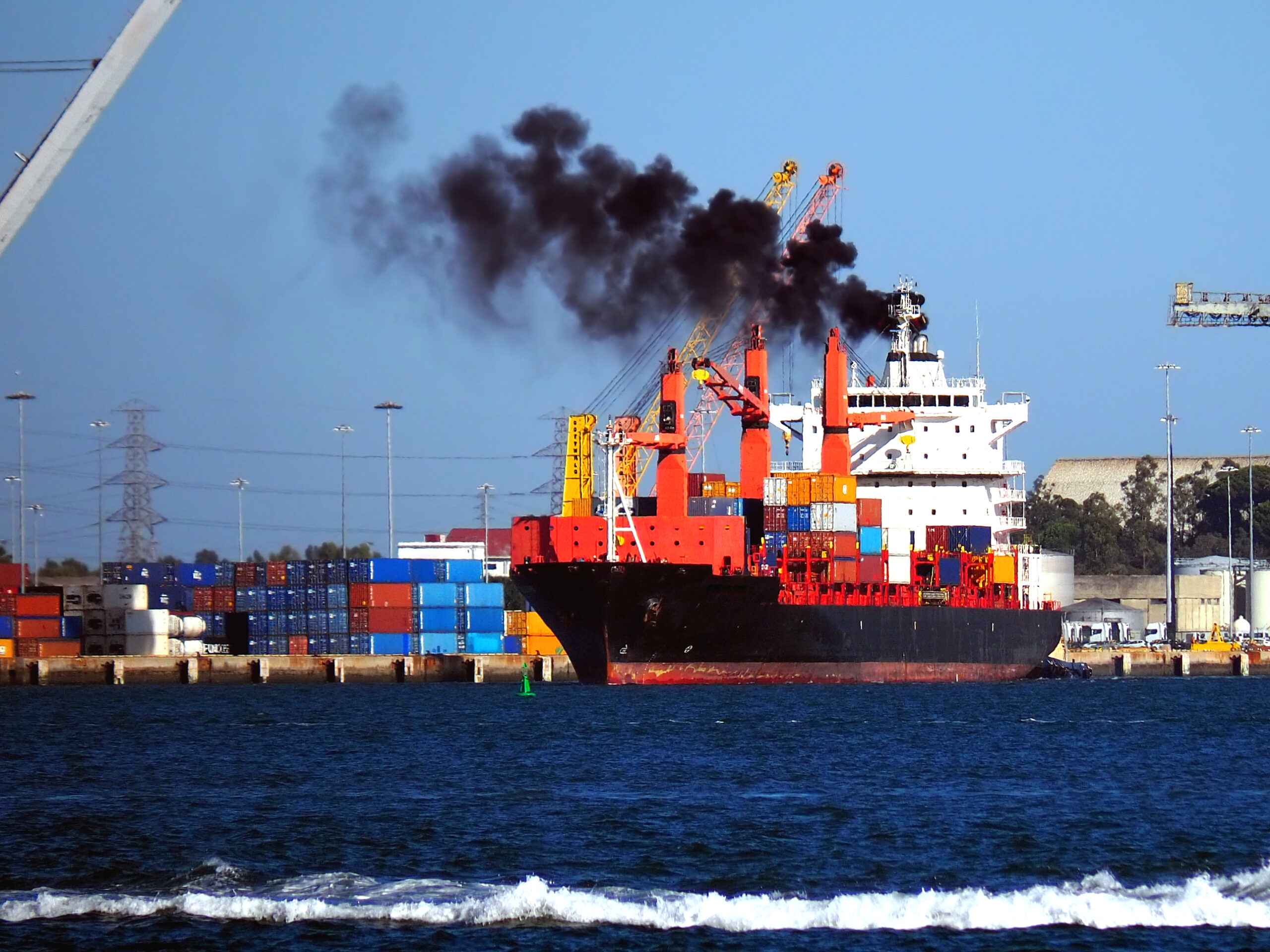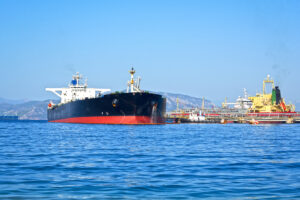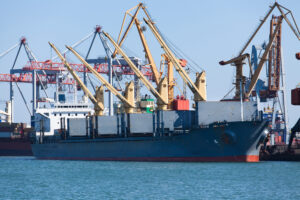The vast majority of biofuels will come from palm and soy (60%), which are heavily linked to deforestation, according to Brussels-based Transport & Environment (T&E). Nearly a third of global shipping could run on biofuels in 2030, new T&E analysis shows, up from less than 1% today.
The study by Cerulogy on behalf of T&E shows that palm and soy oil would likely make up nearly two-thirds of the biodiesel used to power the shipping industry in 2030 as they represent the cheapest fuels to comply.
This poses a serious climate problem, warns T&E, as palm and soy are responsible for two to three times more carbon emissions than even the dirtiest shipping fuels today, once deforestation and land clearance are taken into account.
The fuel-intensive shipping industry would need vast amounts of farmland. 34 million hectares in 2030, the total area of Germany, will be needed to produce enough crops to meet the increased biofuels demand from the shipping industry.
This could have serious impacts on food supplies, says T&E, adding that “land that could be used for farming would need to be converted to growing biofuel crops, while burning vegetable oil in ships will deprive supermarkets of a staple food item.”
Close to 300 million bottles of vegetable oil could be diverted to powering ships every day in 2030, putting pressure on grocery prices, according to T&E’s analysis.
Constance Dijkstra, shipping manager at T&E, said: “Fueling cargo ships with deforestation is a terrible idea. Burning crops for fuel is bad for the planet and bad for global food security. The IMO should consider the climate impact of bad biofuels to avoid doing more harm than good.”
T&E calls on the IMO to agree on a clear definition of what constitutes a ‘zero’ and ‘near zero’ emission fuel, to exclude deforestation-linked biofuels, cap food-based biofuels and to incentivise green e-fuels made from green hydrogen.



